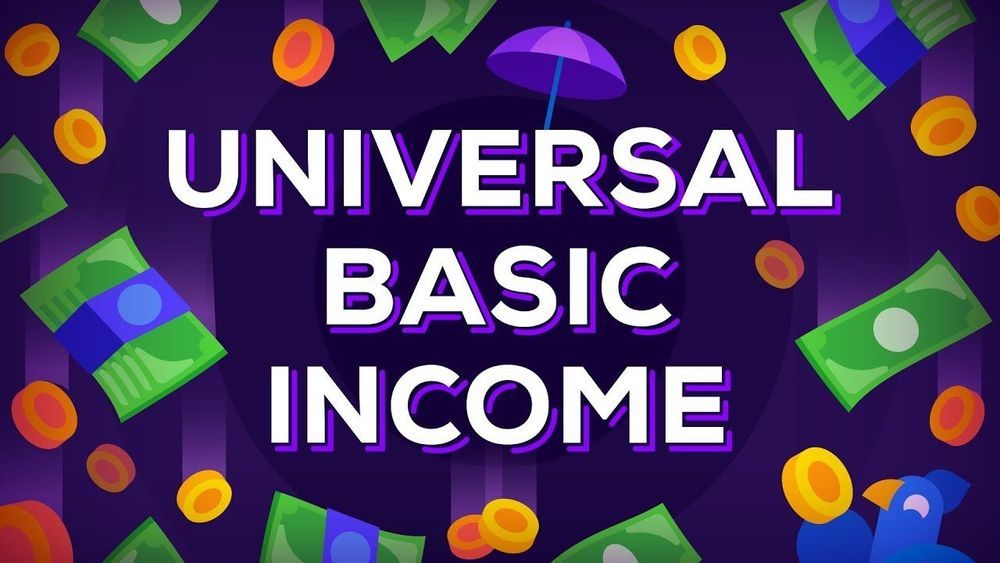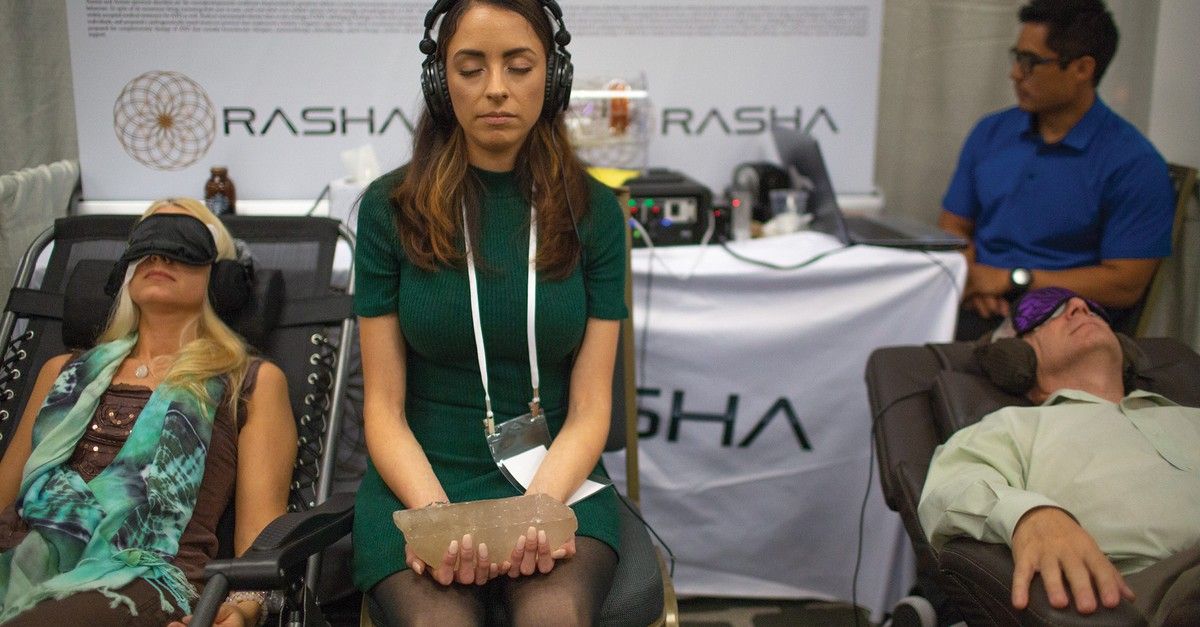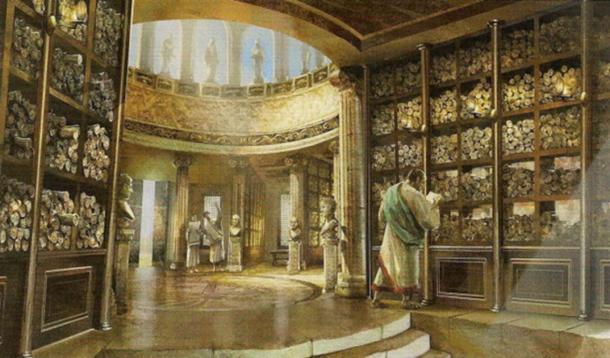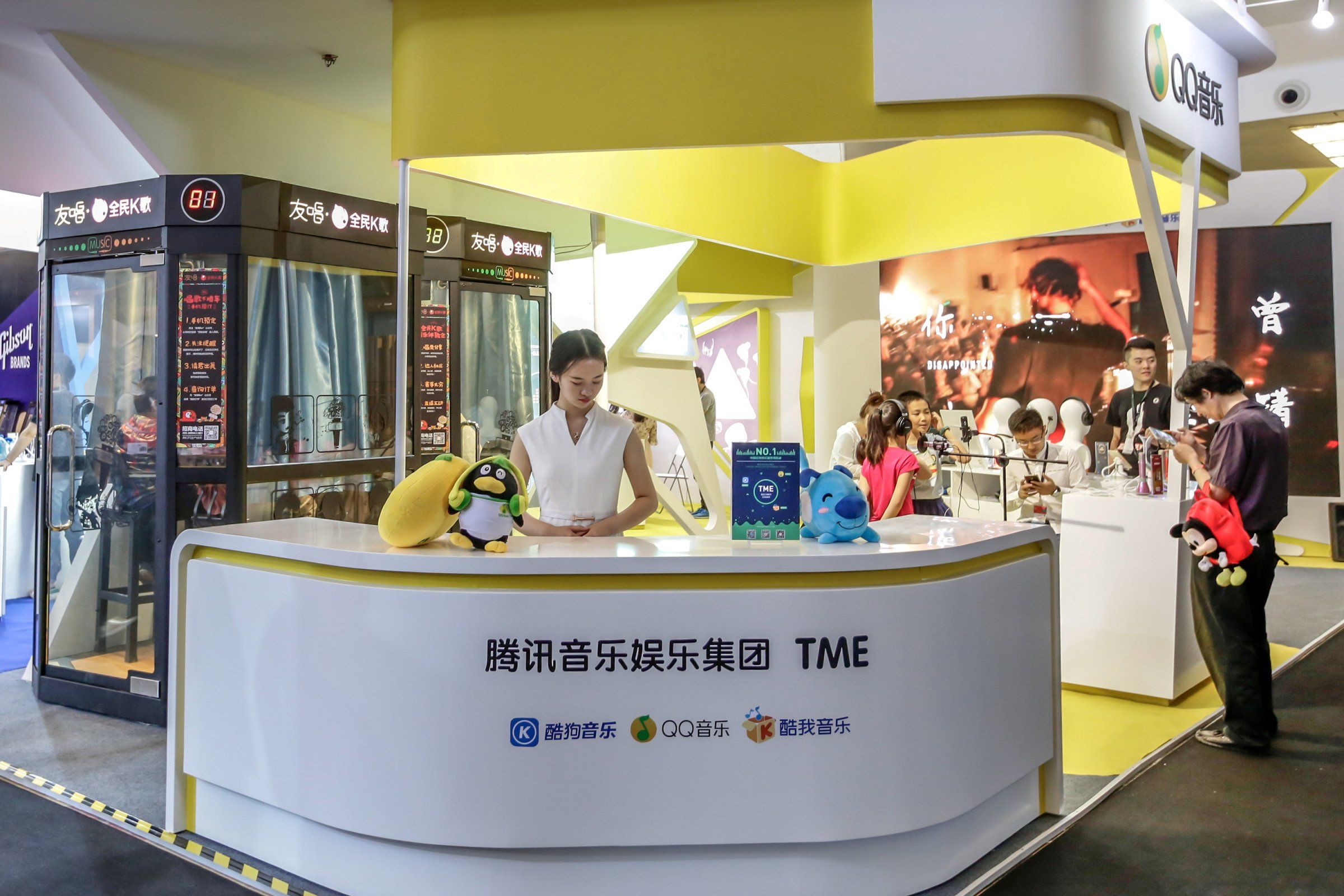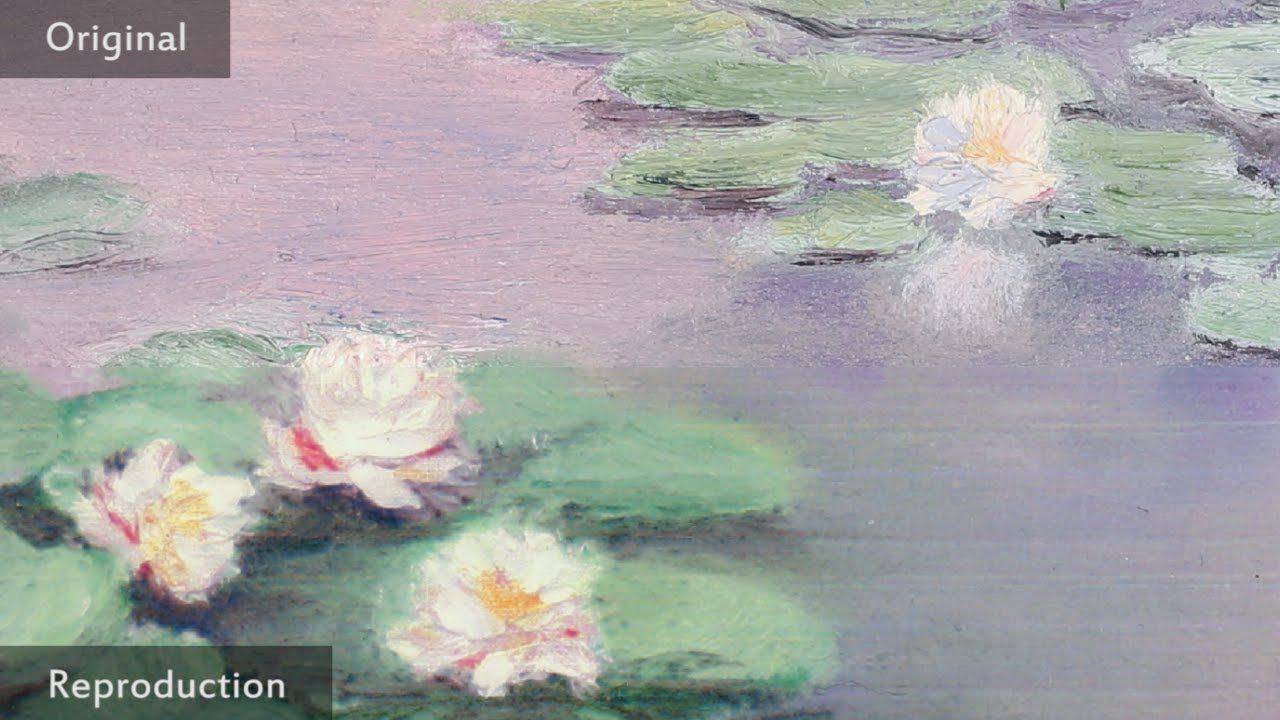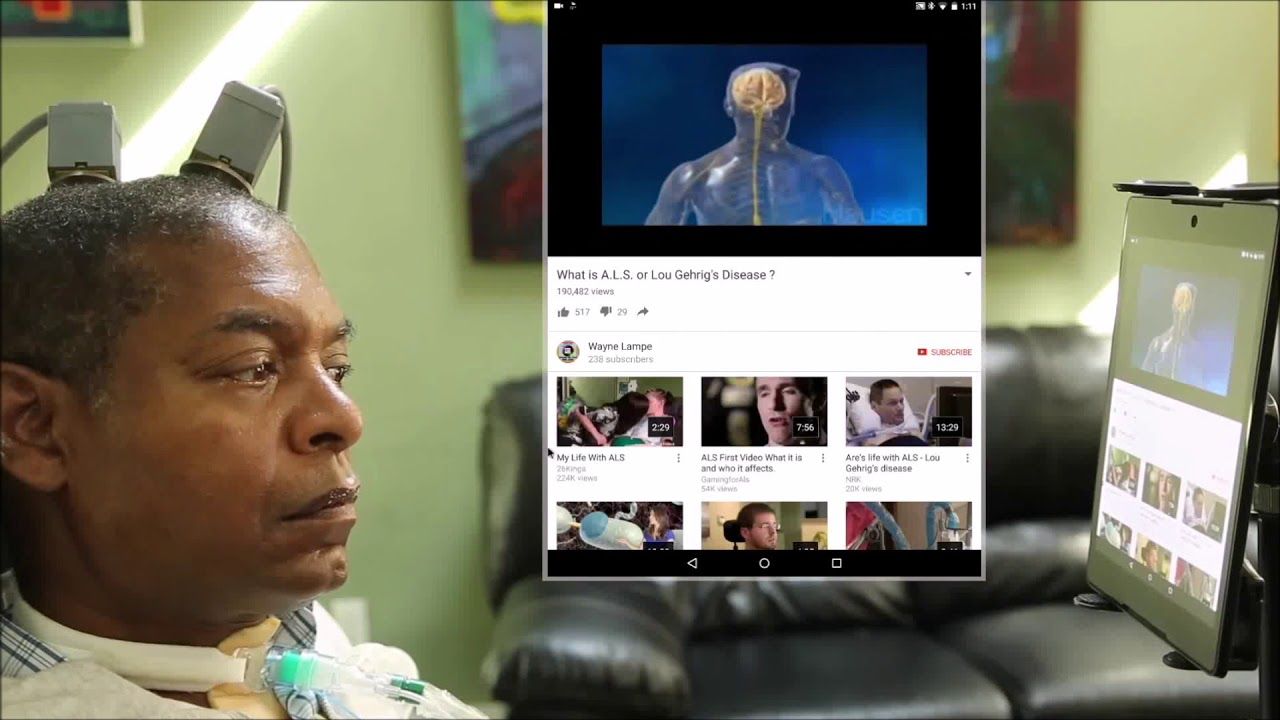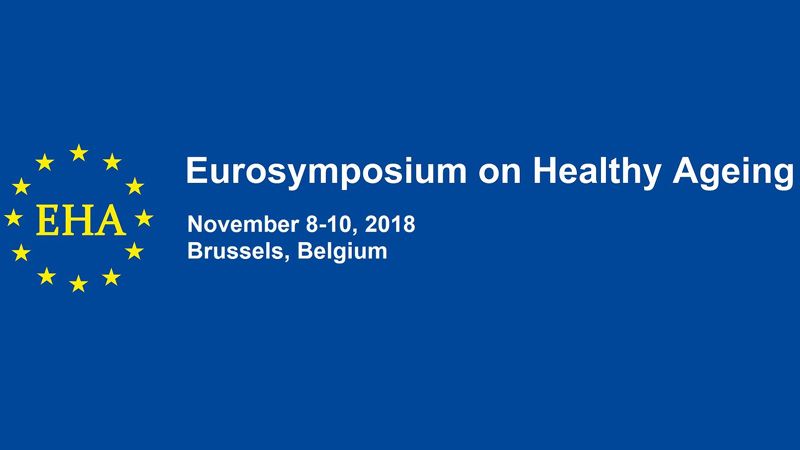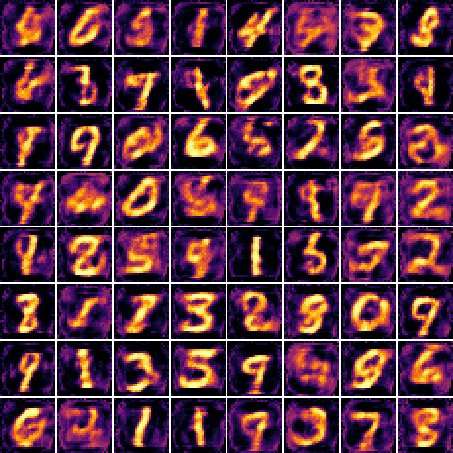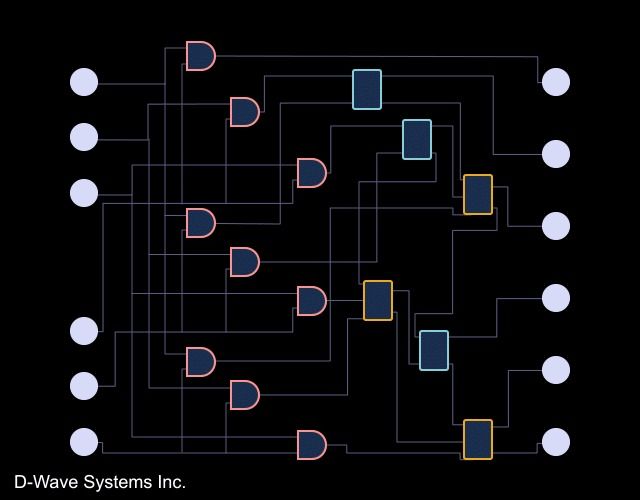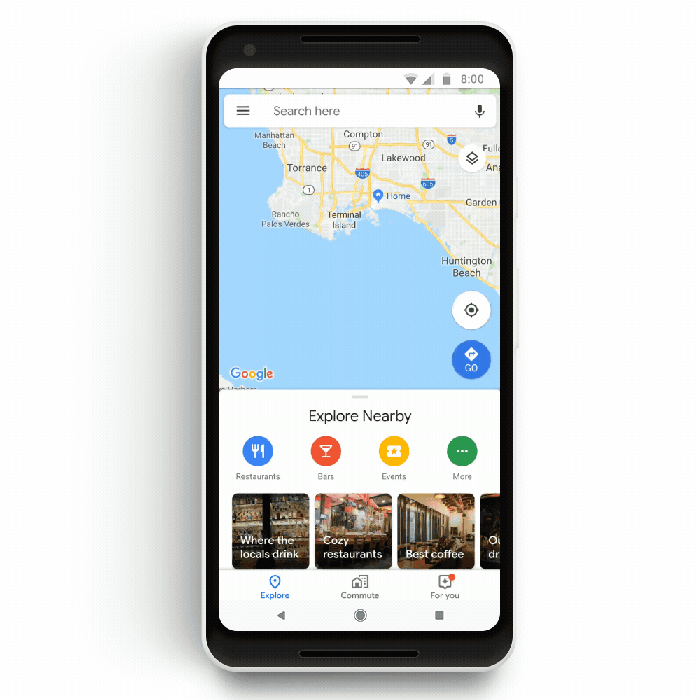The city he described did not exist for much longer. A bishop soon destroyed the heritage of many generations of ancient minds in the name of a new faith. In 391 AD, the beautiful temple of wisdom was ruined. There is no evidence of the existence of the library after that date, but it seems that the people of Alexandria, the legendary philosophers, scientists, and their supporters saved some of the books. However, in 642 AD, when the city was captured by Muslims, they burned all the books not related to Islam that they found in public places.
The monumental Musaeum of Alexandria was famous for its legendary library. The tragic story of the building’s destruction continues to be a painful one for people who love ancient history and literature. So what treasures were lost in its devastating fire?
The Musaeum, or Mouseion, was a home to art, music, poetry, and philosophy. It is extremely difficult to find out exactly what was located on the shelves of the library, but generations of passionate researchers have created some possible lists of the lost scrolls’ authors.
The Brain Center of Alexander’s City
Alexandria was founded by Alexander the Great, whose heart was conquered by the beauty of the country near the Nile. After his death, his friend (or perhaps step brother) Ptolemy I became the pharaoh of Egypt. Ptolemy was also the creator of the Ptolemaic dynasty.
Read more
